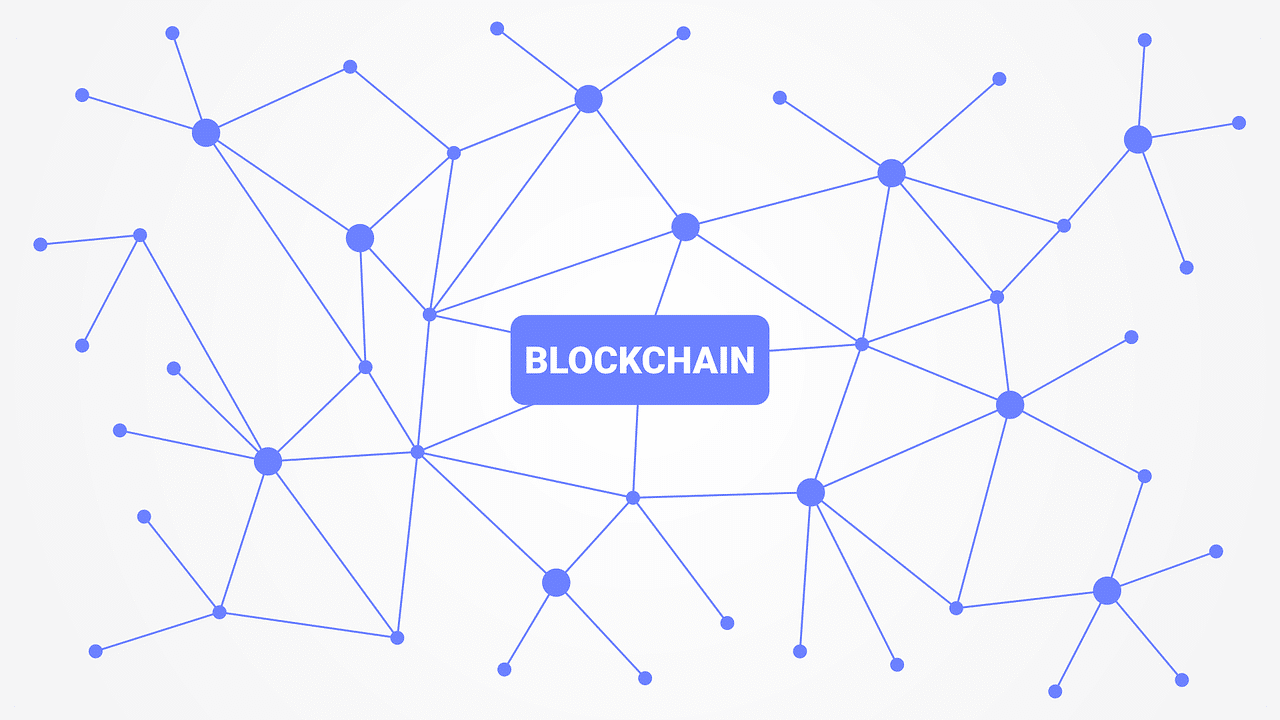
To a layperson, the mention of the word “blockchain” automatically brings cryptocurrencies to mind. It’s understandable why that’s the case, as the said technology is the backbone of digital currencies. But while blockchains are central to the continued existence of digital coins like Bitcoin, Ethereum, and Monero, this isn’t the only application of this technology.
Even if you’re not interested in Bitcoin or if your Monero wallet has yet to hold a single coin, it’s still a smart idea to familiarize yourself with blockchains and how they work. There’s a good chance that this technology will become more relevant outside of cryptocurrency trading in the years to come. You might even be surprised at how it’s used in other sectors and industries.
How Do Blockchains Work?
A blockchain refers to a database that is distributed and shared among the nodes of a network of computers. What makes a blockchain different from a typical database, though, is how it structures the data that it stores. It collects information in the form of blocks. These blocks have limitations in the amount of data that they can store. Once this capacity is reached, the block is closed and linked to the previous block—hence the term “blockchain.”
The blocks are added in chronological order, and each is stamped with the time it was added to the chain. The resulting data structure makes up an irreversible timeline. The database is stored in a decentralized manner, so all users collectively control it instead of just one person. This makes this form of data keeping and management immutable, turning it into the perfect choice for supporting cryptocurrency communities.
Applications of Blockchains Outside of Cryptocurrencies
Outside the world of cryptocurrencies, blockchain technology can be and is used in different sectors and has many applications in real life. These include the following:
Cutting Out the Middleman in the Hospitality Industry
Hotels, resorts, and other types of accommodation options typically depend on aggregators like Expedia, Airbnb, and Agoda to get bookings from customers. Naturally, since these platforms play a role in boosting business for hotels, they also take a portion of the profit from every booking made through their websites and apps.
This is about to change with the use of blockchains. Large tourism companies are now employing private blockchains to provide their customers with an accessible, secure, and reliable way of transacting with their preferred accommodation options. This reduces the need to use aggregators. This, in turn, means hotels don’t have to pay said aggregators a portion of the profits.
Such a process can become more popular in the coming years, especially once these private blockchains become more accessible to the members of the public.
Making Smarter Supply Chains More Accessible to Businesses
It’s a significant challenge to keep track of the origin, condition, and status of every item in one’s inventory, but it’s essential to doing business in almost every sector. Companies that deal with jewelry, for example, must keep track of their stock from end to end to ensure that it was procured legally, ethically, and without causing conflict.
This is also the case for companies that deal with fresh produce and perishable items. In case one batch of items causes issues, for example, then having a complete and accessible record of every stock will make it much easier to recall the problematic batch. Doing so quickly can prevent any harm that the defective items may cause to consumers. This can also prevent reputational damage to the businesses involved in the production, distribution, and sale of said items.
Expediting Insurance Services and Processes
During or after unfortunate events, many people and organizations look to insurance companies for financial assistance. Processing requests and claims still take a long time and a lot of back and forth between all concerned parties. This is especially noticeable when a large area is affected by a natural catastrophe.
Using blockchain technology can help expedite insurance processes. It will also ensure that insurance providers can receive and retrieve the documents sent by claimants as soon as possible. This, in turn, enables insurance providers to respond to their clients promptly in times of dire need.
Improving the Way Healthcare Providers Manage Information
Blockchain technology can also be used in maintaining and updating information in healthcare facilities and networks. Having a single database from which one can pull all the information concerning a patient can make it much easier for medical professionals to do their job. Instead of consolidating data, medical practitioners and care providers can simply look up the patient’s chronological information from their blockchain. Healthcare providers can then focus on the best course of treatment for that specific patient’s particular case or condition.
While the term blockchain is closely associated with cryptocurrencies. There will come a time when this technology will be widely utilized in different sectors and industries. Perhaps in the near future, this way of collecting and storing information will help make services more accessible even to everyday consumers who may not have an interest in digital coins.

